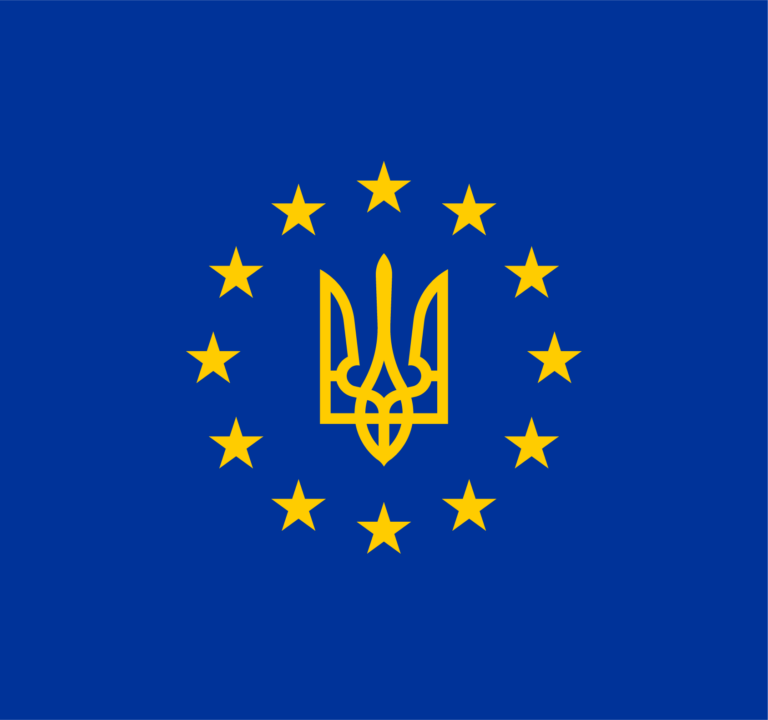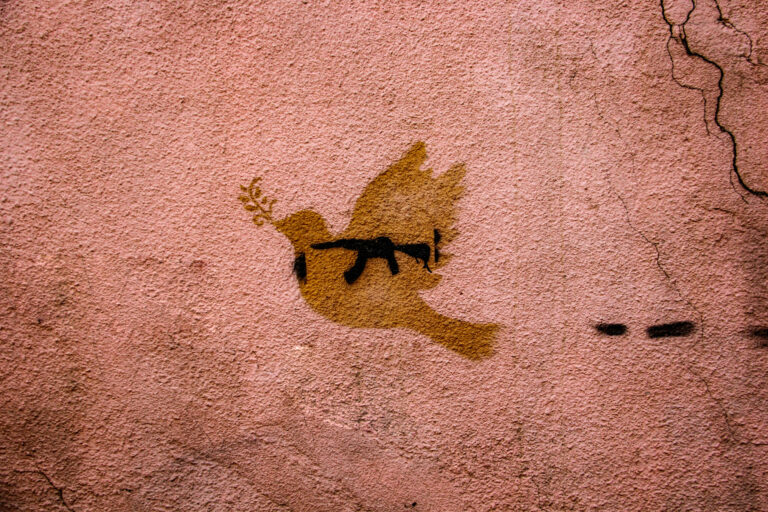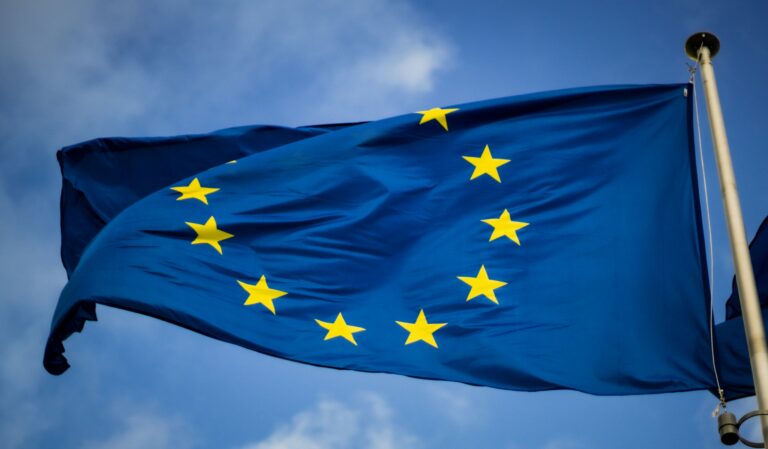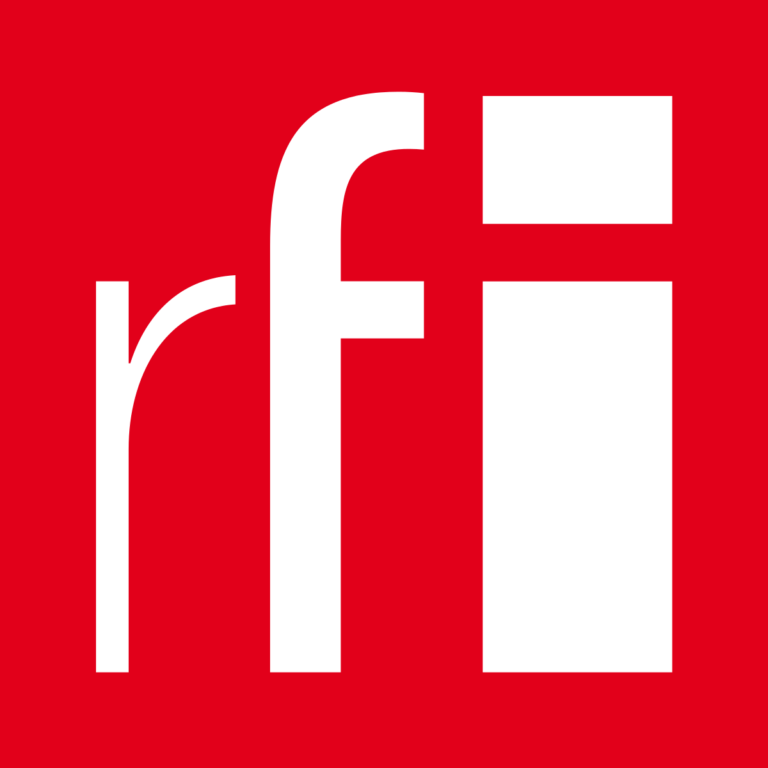Euroquestions | Will the invasion of Ukraine strengthen or weaken the EU integration process?
PARTNERSHIP
PARTENAIRES
Leaving Brexit aside, Russia’s invasion of Ukraine is the most important geopolitical development in Europe since the fall of the Berlin wall, which opened a sequence during which EU integration overall moved forward. This trend was confirmed in recent years, including with the Covid crisis.
But will it be the case this time again?
Whereas there are positive elements in the EU reaction to this aggression, there are also worrying signals of strains within the Union.
Will this crisis help the EU succeed in morphing from a successful geoeconomic integration into a geopolitical entity, or the other way round?
For this 50th edition of Euroquestions we are pleased to welcome Pascal Lamy, coordinator of the Jacques Delors think tanks in Paris, Berlin, and Brussels, President of the Paris Peace Forum, former European Commissioner and Director-General of the World Trade Organisation.
Leaving Brexit aside, Russia’s invasion of Ukraine is the most important geopolitical development in Europe since the fall of the Berlin wall, which opened a sequence during which EU integration overall moved forward. This trend was confirmed in recent years, including with the Covid crisis.
But will it be the case this time again?
Whereas there are positive elements in the EU reaction to this aggression, there are also worrying signals of strains within the Union.
Will this crisis help the EU succeed in morphing from a successful geoeconomic integration into a geopolitical entity, or the other way round?
For this 50th edition of Euroquestions we are pleased to welcome Pascal Lamy, coordinator of the Jacques Delors think tanks in Paris, Berlin, and Brussels, President of the Paris Peace Forum, former European Commissioner and Director-General of the World Trade Organisation.
SUR LE MÊME THÈME
ON THE SAME THEME
PUBLICATIONS
Towards an EU–Ukraine alliance: A plan for an EU–Ukraine Joint Training Mission

War mongers and peace makers

One month into Trump: Europe’s hour

MÉDIAS
MEDIAS
Les Européens divisés à propos de l’Ukraine et face à l’imprévisibilité de Donald Trump

Comment la Russie enrôle de gré, mais également de force des Africains pour combattre en Ukraine

« Les idées follement agitées par Trump valorisent par contraste l’originalité de l’intégration européenne : unir le continent sans la force »
















